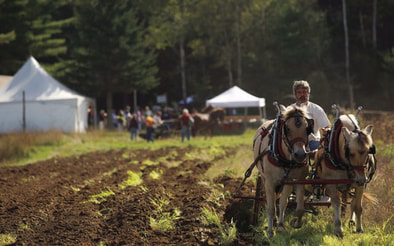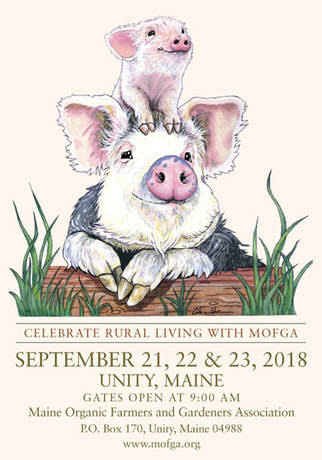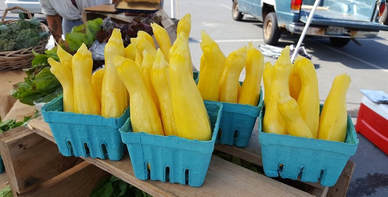Since Maine’s town meeting season of 2011, 55 towns have passed the Local Food and Community Self Governance Ordinance (LFCSGO), which gives small farmers who sell directly to their customers an exemption to licensing and inspection requirements.
For some reason, the Maine Municipal Association (MMA), a statewide membership organization which provides an array of services to assist municipalities in their governance, has never supported the LFCSGO. The MMA doesn't set policy, but instead supports needs that are frequently beyond the scope of what small towns in particular can do for themselves. Yet they have recently recommended a seriously modified version of the LFCSGO to towns that ask for their advice on this issue.




 RSS Feed
RSS Feed
